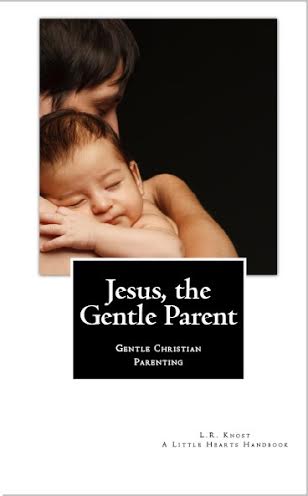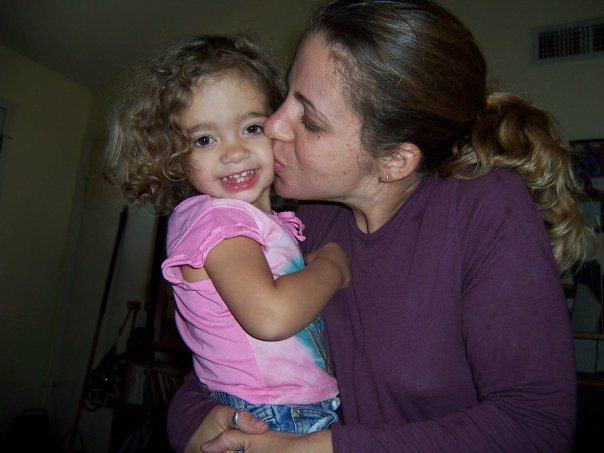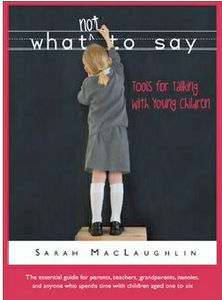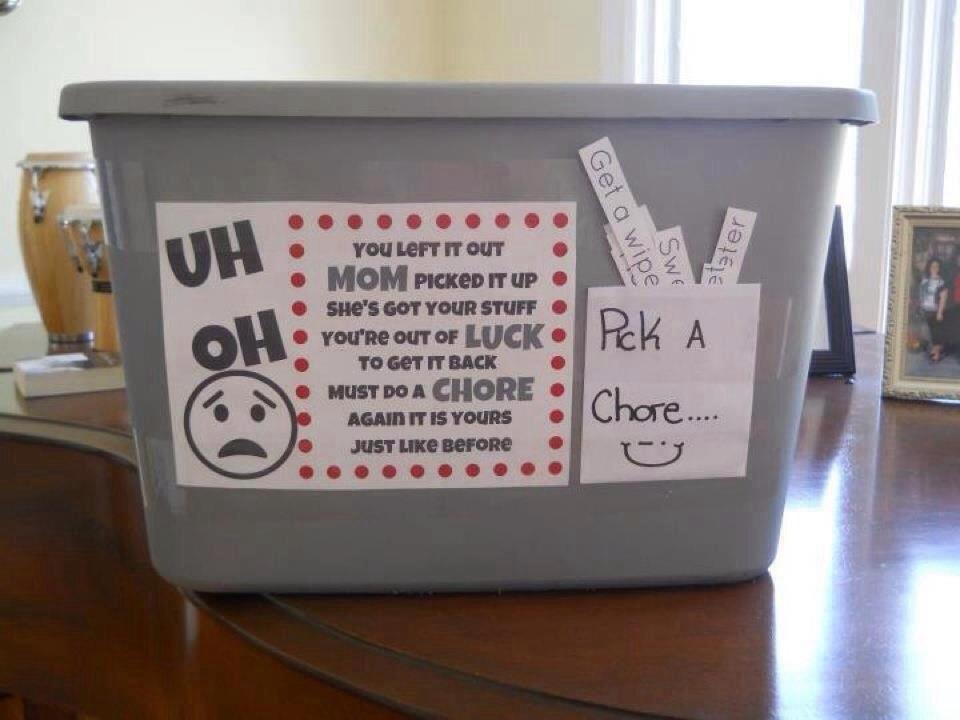“We are our children’s first experience of God. How we treat them, how we respond to them, what we model for them, those are all images of parenthood that are imprinted on our children’s hearts from the moment of birth, and they will carry those images with them for life. God’s unconditional love, his gentleness, his compassion, his acceptance, his sacrifice…. those are the images our children need to see reflected in our parenting, to have tenderly woven into the fabric of their childhood, to carry forever as whispered memories etched on their hearts, echoing the heart of God.” ~ L.R. Knost
I was so excited when I first heard that L.R. Knost was releasing a book about gentle Christian parenting. I absolutely adored her previous books – all of which I’ve reviewed here on my blog – and I knew that this newest offering was one that was sorely needed in the landscape of gentle parenting resources. Far too many well-meaning Christians (and I do believe that they are well-meaning) mistakenly believe that the Bible instructs parents to parent with harshness, when the opposite is true. Jesus was in fact all about love, grace, and gentleness, and Knost understands this oh so well.
In what I believe is her best book to date, L.R. Knost combines personal experience, well-researched scripture, and inspirational testimony to take the reader through what the Bible does (and does not) have to say about how we should be parenting as Christians. With the same straightforward yet warm and conversational tone I’ve come to appreciate in all her writings, she guides and encourages, teaches without preaching, and gently corrects and re-directs the misguided and often harmful messages given through the years by Christian parenting “experts” such as Gary Ezzo, James Dobson, and Michael Pearl.
So much more than a book about a personal opinion, Jesus, the Gentle Parent digs deep into scripture and doctrinal belief, examining the main tenets of mainstream Christian parenting advice, debunking widely-held beliefs about what it means to parent in biblical way, and providing practical and scripturally sound alternatives to guiding your children with unconditional love, grace, and gentleness.
Not shying away from any of the tough questions, she tackles such issues as spanking, sin, authority, obedience and submission…. and what it all means (and doesn’t mean) – to a gentle parent whose desire is to parent in Jesus’s footsteps.
I have been a parent for 17 years, and this beautiful book has truly touched my soul like none other. It simultaneously taught me something new, and strengthened what I already knew in my heart of hearts to be true. Jesus was a man of endless compassion and grace – more grace than we can ever understand – and the only way for our children to truly experience it is if we, as their parents, give it to them. I am deeply indebted to L.R. Knost for getting this very important message out there, and into the hands and hearts of Christian parents around the world.
You can buy Jesus, the Gentle Parent here.
Best-selling parenting and children’s book author, L.R. Knost, is an independent development researcher and founder and director of the advocacy and consulting group, Little Hearts/Gentle Parenting Resources, as well as a monthly contributor to The Natural Parent Magazine. She is also a babywearing, breastfeeding, co-sleeping, homeschooling mother of six. Her children are a twenty-six-year-old married father of two; a twenty-four-year-old married Family Therapist working with at-risk children and families; a nineteen-year-old university pre-med student on scholarship; fifteen- and eight-year-old sweet, funny, socially active, homeschooled girls; and an adorable and active toddler.
Books by award-winning author L.R. Knost, include Two Thousand Kisses a Day: Gentle Parenting Through the Ages and Stages, Whispers Through Time: Communication Through the Ages and Stages of Childhood, The Gentle Parent: Positive, Practical, Effective Discipline, and her newest release, Jesus, The Gentle Parent: Gentle Christian Parenting, the first four books in the Little Hearts Handbook parenting guide series; as well as her children’s picture books: A Walk in the Clouds, the soon-to-be-released Grumpykins series; and Petey’s Listening Ears, the first in the Wisdom for Little Hearts series, which are humorous and engaging tools for parenting, teachers, and caregivers to use in implementing gentle parenting techniques in their homes and schools.


















